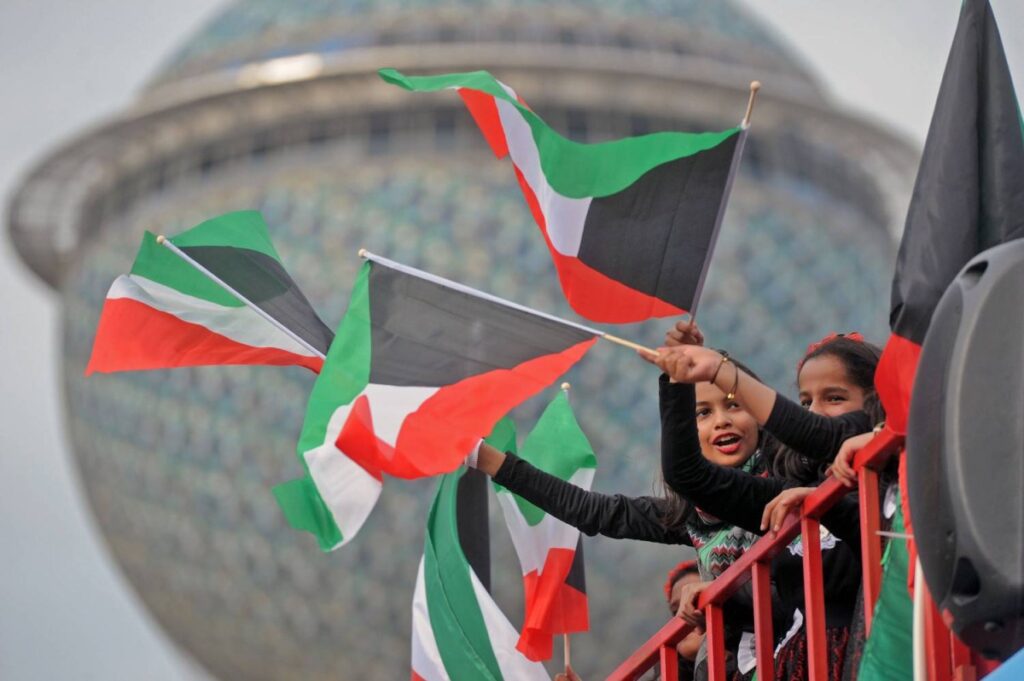New amendments aim to ‘preserve public order, reinforce the duty of national allegiance’
KUWAIT: Kuwait has introduced a new decree law effectively banning the raising of foreign flags and symbols representing religious, tribal, or social groups without prior approval from the Ministry of Interior. This new regulation, published on Sunday in the official gazette Kuwait Al-Youm, applies to both public and private occasions, including national holidays, celebrations, and regular days.
The legislation, Decree Law No 73 of 2025, amends the existing Law No 26 of 1961 concerning the Kuwaiti national flag. Under this amended law, individuals are now prohibited from displaying any foreign national flag unless permission is granted. The only exceptions are during regional and international sports tournaments held in Kuwait and where such displays are in line with international conventions, such as those governing embassies, consulates, and diplomatic missions.
This decree also extends the ban to flags and symbols that represent religious sects, tribal affiliations, or social factions. This measure is described as a move intended to protect national unity and public order within the country. Ministers have been tasked with enforcing the law, which took effect immediately upon its publication in the official gazette.
Stiff penalties introduced
The new regulations come with a series of escalating penalties, with fines ranging from KD 1,000 to 10,000. Unauthorized display of foreign flags is punishable by up to six months in prison and a fine ranging from KD 1,000 to 2,000. Displaying sectarian or tribal flags or symbols carries a heavier sentence of up to three years in prison and fines of KD 2,000 to 10,000. Improper use of the Kuwaiti national flag, such as using it for commercial advertising or in a damaged state, is also penalized with up to one year in prison and fines between KD 300 and 2,000. All violations may result in confiscation of the flags or symbols, and repeat offenders will face doubled penalties.
Threat to public harmony
The decree aims to close existing regulatory gaps regarding the display of foreign and symbolic flags. According to the law’s explanatory memorandum, the legislation was introduced in response to repeated incidents where foreign and sectarian flags were displayed during public events and private gatherings — actions that officials warned could disrupt public harmony and weaken national identity.
“The raising of certain foreign flags within the country during official celebrations may compromise public order,” the memorandum stated. It added that the law seeks to “preserve public order, protect society, reinforce the duty of national allegiance, and safeguard national unity.”
The government clarified that the law does not override existing international treaties that allow foreign embassies and diplomatic missions to display their national flags on their premises and vehicles.

